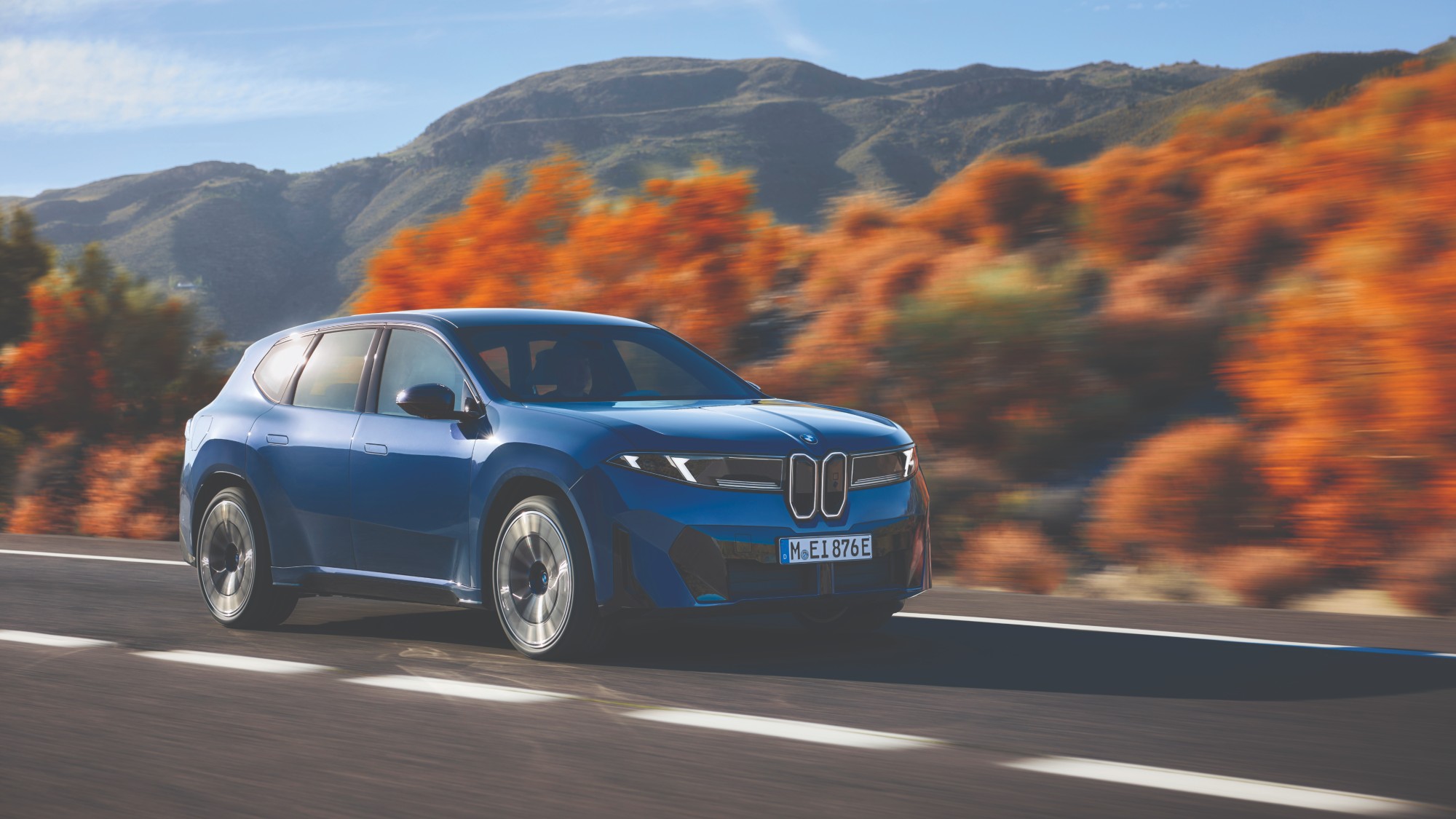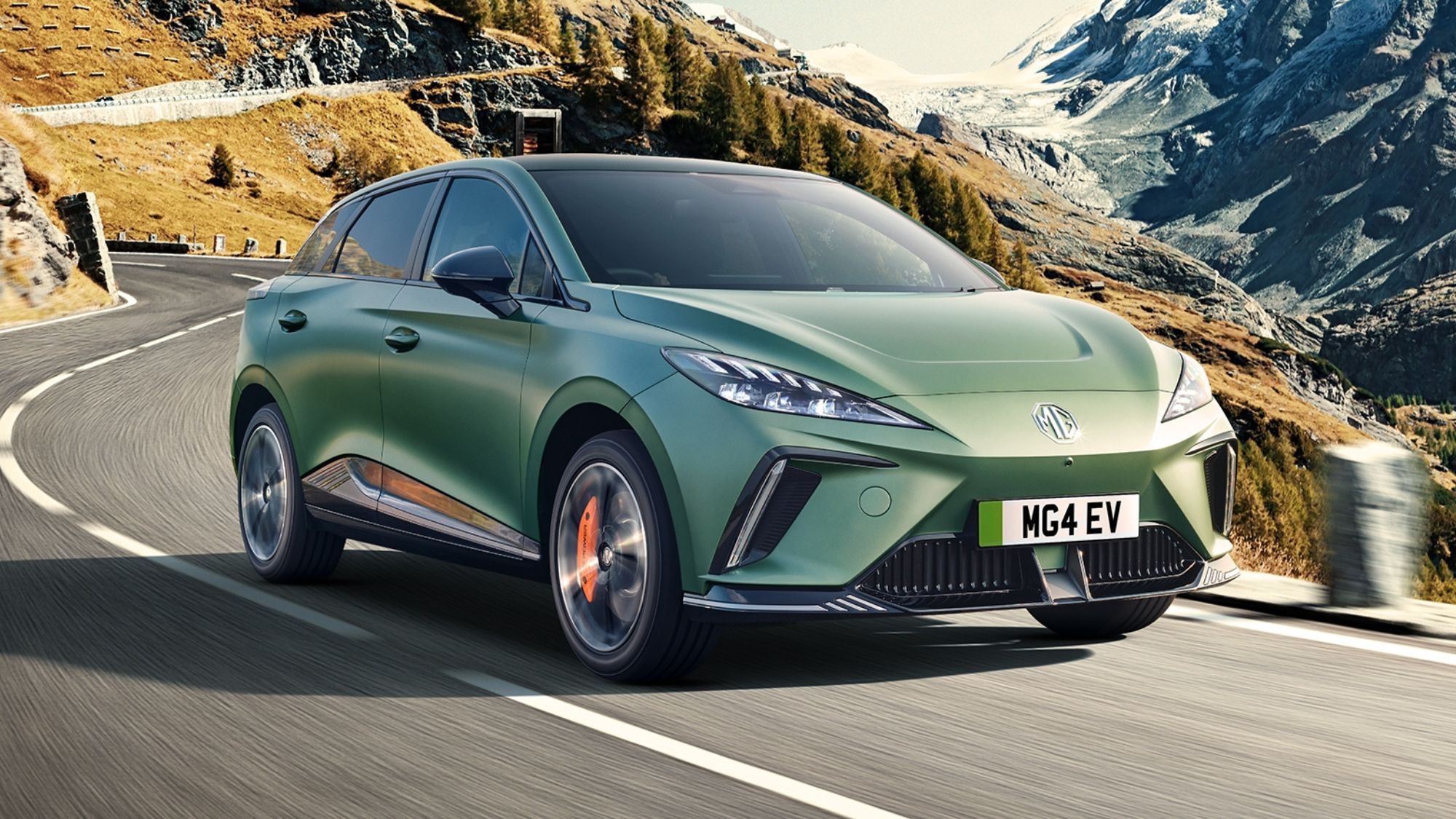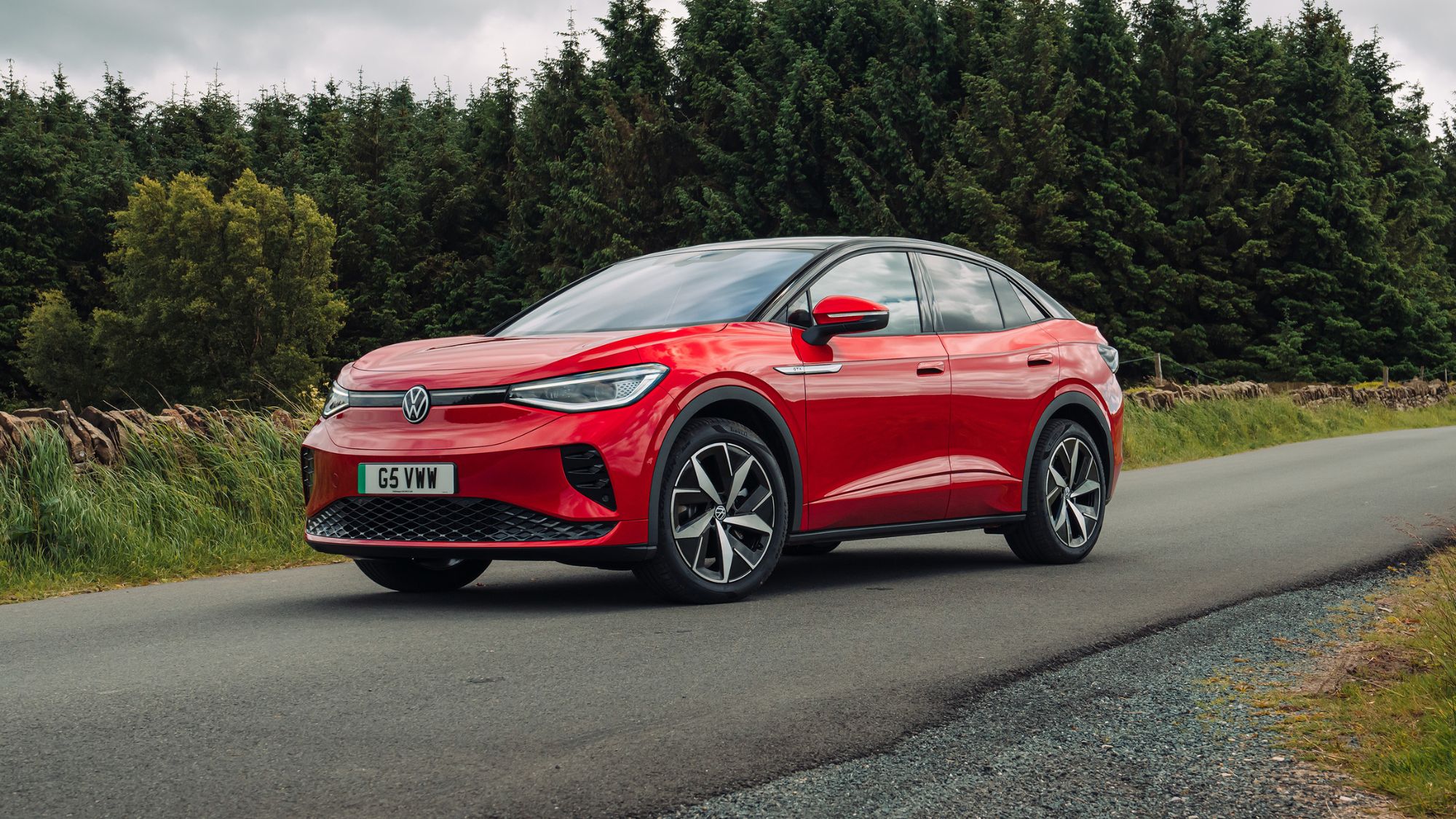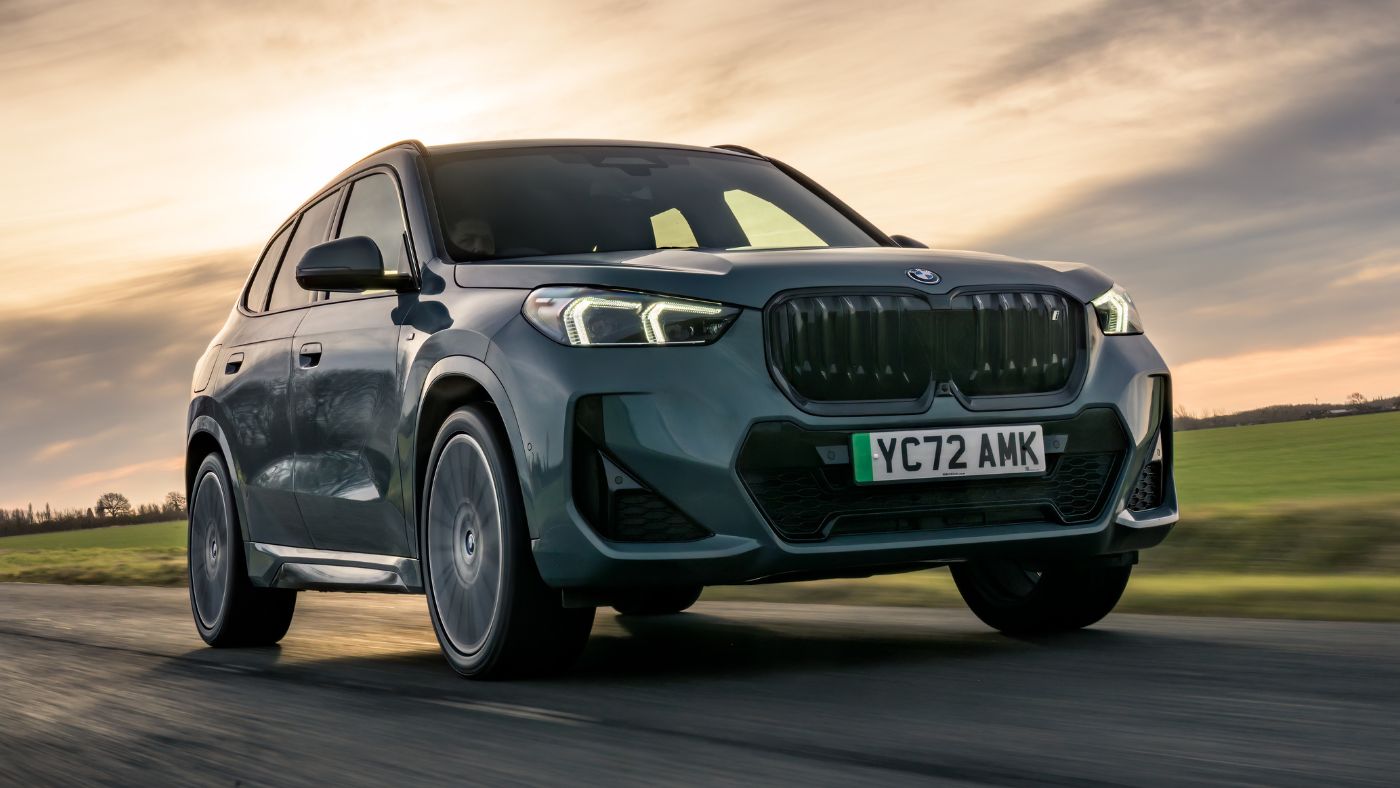Petrol and diesel ban UK: which cars will be affected?
The clean car strategy starts in 2040 and only electrified vehicles are exempt

A free daily email with the biggest news stories of the day – and the best features from TheWeek.com
You are now subscribed
Your newsletter sign-up was successful
The Government is storming ahead with plans to ban the sale of new petrol and diesel vehicles in the UK amid calls to bring the current 2040 deadline forward.
The ban on fossil fuel-powered cars was announced last summer following a government report on ways to reduce toxic emissions in Britain.
Information about these measures was initially lacking. This led to confusion among car buyers over which vehicles would be banned and whether fuel-powered cars would be subject to higher levies than electric models.
The Week
Escape your echo chamber. Get the facts behind the news, plus analysis from multiple perspectives.

Sign up for The Week's Free Newsletters
From our morning news briefing to a weekly Good News Newsletter, get the best of The Week delivered directly to your inbox.
From our morning news briefing to a weekly Good News Newsletter, get the best of The Week delivered directly to your inbox.
In January, the Society of Motor Manufacturers & Traders (SMMT) said that the confusion, along with the uncertainty over restrictions on diesel vehicles, had contributed to a 5.7% dip in new car sales in 2017.
The Government has since given more details about the ban – which it calls the Road to Zero – in an attempt to clear up the confusion.
Here’s everything you need to know about the Road to Zero:
When will the ban come into effect?
A free daily email with the biggest news stories of the day – and the best features from TheWeek.com
The Government plans to introduce the Road to Zero strategy in 2040, a target it has maintained since announcing the vehicle ban last year.
But Green Alliance, the environmental think-tank, believes the ban should be brought forward by ten years in order to encourage car buyers to invest in electric vehicles, The Guardian reports.
The think-tank argues that introducing the ban in 2030 would “ease the UK’s reliance on oil imports” and dramatically reduce the number of combustion-engined vehicles on British roads in the second half of the century, the paper reports.
Despite the efforts of Green Alliance, the latest reports indicate the Government has no intention of deviating from its plan to initiate the combustion car ban in 2040.
When will the Road to Zero strategy come into effect?
The Government will implement the Road to Zero measures in 2040, a target it has maintained since announcing plans to ban the sale of combustion- engined cars last year.
Under the Road to Zero strategy, any car powered exclusively by petrol or diesel fuel will be banned from sale in the UK from 2040 onwards.
The majority of cars on sale are fitted with regular combustion engines, although there are a number of hybrid and electric models available that would be permitted under the clean air strategy. These include all-electric cars from Tesla and the plug-in hybrid Mitsubishi PHEV.
Several car manufacturers are introducing their own targets for selling electrified vehicles only, says WhatCar?. Volvo, for example, has announced plans to offer its customers only hybrid and fully electric models from next year onwards.
Hydrogen powered cars will also be permitted under the new strategy.
The Toyota Mirai uses this type of fuel but only a handful of other car models are hydrogen powered. Keen to increase supply, the Government launched a £23m fund last year to help British manufacturers develop hydrogen vehicles, according to BBC News.
What about hybrid cars?
Hybrid cars are an unknown factor under the Road to Zero rules as the technology has been in place for over two decades and comes in many forms.
However, Autocar says that under the new strategy the Government plans to ban hybrid cars that cannot travel for 50 miles on electric energy alone.
If true, all hybrid models, along with regular combustion-engined cars, would be banned, the magazine says. Only certain plug-in hybrid cars, which feature combustion engines but can be charged in a similar fashion to electric vehicles, will be allowed.
A Government spokesperson told The Independent that reports suggesting the sale of hybrid cars would be banned were “categorically untrue”.
Either way, cars sold before 2040 will still be permitted to drive on UK roads as the strategy only affects the sale of new vehicles.
-
 James Van Der Beek obituary: fresh-faced Dawson’s Creek star
James Van Der Beek obituary: fresh-faced Dawson’s Creek starIn The Spotlight Van Der Beek fronted one of the most successful teen dramas of the 90s – but his Dawson fame proved a double-edged sword
-
 Is Andrew’s arrest the end for the monarchy?
Is Andrew’s arrest the end for the monarchy?Today's Big Question The King has distanced the Royal Family from his disgraced brother but a ‘fit of revolutionary disgust’ could still wipe them out
-
 Quiz of The Week: 14 – 20 February
Quiz of The Week: 14 – 20 FebruaryQuiz Have you been paying attention to The Week’s news?
-
 BMW iX3: a ‘revolution’ for the German car brand
BMW iX3: a ‘revolution’ for the German car brandThe Week Recommends The electric SUV promises a ‘great balance between ride comfort and driving fun’
-
 The best new cars for 2026
The best new cars for 2026The Week Recommends From SUVs to swish electrics, see what this year has to offer on the roads
-
 Are plug-in hybrids better for America's climate goals?
Are plug-in hybrids better for America's climate goals?Talking Points The car industry considers a 'slower, but more plausible path' to reducing emissions
-
 EV market slowdown: a bump in the road for Tesla?
EV market slowdown: a bump in the road for Tesla?Talking Points The electric vehicle market has stalled – with worrying consequences for carmakers
-
 The week's good news: Dec. 14, 2023
The week's good news: Dec. 14, 2023Feature It wasn't all bad!
-
 MG4 EV XPower review: what the car critics say
MG4 EV XPower review: what the car critics sayFeature The XPower just 'isn't as much fun' as a regular MG4
-
 Volkswagen ID.5 review: what the car critics say
Volkswagen ID.5 review: what the car critics sayFeature The ID.4's 'sportier, more stylish twin' – but 'don't believe the hype'
-
 BMW iX1 review: what the car critics say
BMW iX1 review: what the car critics sayThe Week Recommends BMW’s smallest electric crossover has ‘precise’ steering and a ‘smart interior’